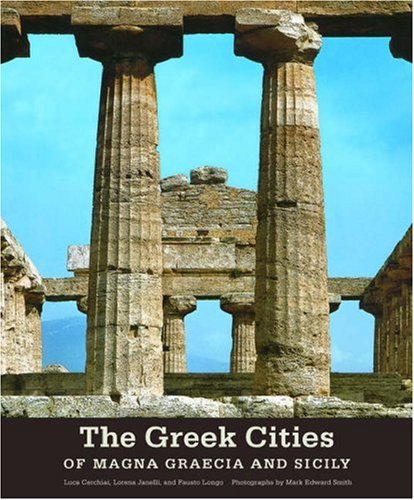


In November 2011 tests conducted at the Oxford Radiocarbon Accelerator Unit in England on what were previously thought to be Neanderthal baby teeth, which had been unearthed in 1964 dating from between 43,000 and 45,000 years ago.

Homo sapiens sapiens appeared during the upper Palaeolithic: the earliest sites in Italy dated 48,000 years ago is The presence of the Homo neanderthalensis has been demonstrated in archaeological findings near Rome and Verona dating to c. The arrival of the first hominins was 850,000 years ago at Monte Poggiolo. Petroglyph in Valcamonica, Lombardy, the largest collection of prehistoric petroglyphs in the world (10th millennium BC). It remains a strong economic, cultural, military, and political factor in the 21st century.

The subsequent participation in World War II alongside Nazi Germany and the Empire of Japan ended in military defeat, Mussolini's arrest and escape, and the Italian Civil War.įollowing the liberation of Italy, the fall of the Social Republic, and the killing of Benito Mussolini at the hands of the Resistance, the 1946 Italian constitutional referendum abolished the monarchy and became a republic, reinstated democracy, enjoyed an economic miracle, and founded the European Union ( Treaty of Rome), NATO, and the Group of Six (later G7 and G20). Italian nationalists considered World War I a mutilated victory because Italy did not have all the territories promised by the Treaty of London (1915) and that sentiment led to the rise of the Fascist dictatorship of Benito Mussolini in 1922. In World War I, Italy completed the unification by acquiring Trento and Trieste, and gained a permanent seat in the League of Nations's executive council. At the same time, Southern Italy remained rural and poor, originating the Italian diaspora. The new Kingdom of Italy, established in 1861, quickly modernized and built a colonial empire, controlling parts of Africa, and countries along the Mediterranean. Over the centuries, the Italian penninsula was the birthplace of countless personalities such as Dante Alighieri, Leonardo da Vinci, Michelangelo, Niccolò Machiavelli, Galileo Galilei and Raphael.īy the mid-19th century, the Italian unification by Giuseppe Garibaldi, backed by the Kingdom of Sardinia, led to the establishment of an Italian nation-state. Italian explorers (including Marco Polo, Christopher Columbus ( Italian: Cristoforo Colombo), and Amerigo Vespucci) discovered new routes to the Far East and the New World, helping to usher in the Age of Discovery, although the Italian states had no occasions to found colonial empires outside of the Mediterranean Basin. The Italian Renaissance spread to the rest of Europe, bringing a renewed interest in humanism, science, exploration, and art with the start of the modern era. Central Italy remained under the Papal States, while Southern Italy remained largely feudal due to a succession of Byzantine, Arab, Norman, Spanish, and Bourbon crowns. The maritime republics, in particular Venice and Genoa, rose to great prosperity through shipping, commerce, and banking, acting as Europe's main port of entry for Asian and Near Eastern imported goods and laying the groundwork for capitalism. After the fall of Rome in AD 476, Italy was fragmented in numerous city-states and regional polities, a situation that would remain until the complete unification of the country in 1871. The Roman Empire later dominated Western Europe and the Mediterranean for many centuries, making immeasurable contributions to the development of Western culture, philosophy, science and art. The Roman Republic saw its fall after the assassination of Julius Caesar. Rome led Socii, a confederation of the Italic peoples, and later with the rise of Rome dominated Western Europe, Northern Africa, and the Near East. The Roman Republic then unified Italy at the expense of the Etruscans, Celts, and Greek colonists of the peninsula. Rome was founded as a kingdom in 753 BC and became a republic in 509 BC, when the Roman monarchy was overthrown in favor of a government of the Senate and the People. In antiquity, Italy was the homeland of the Romans and the metropole of the Roman Empire's provinces. Since classical antiquity, ancient Etruscans, various Italic peoples (such as the Latins, Samnites, and Umbri), Celts, Magna Graecia colonists, and other ancient peoples have inhabited the Italian Peninsula. The European country of Italy has been inhabited by humans since at least 850,000 years ago.


 0 kommentar(er)
0 kommentar(er)
